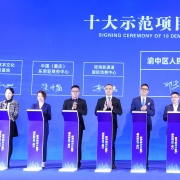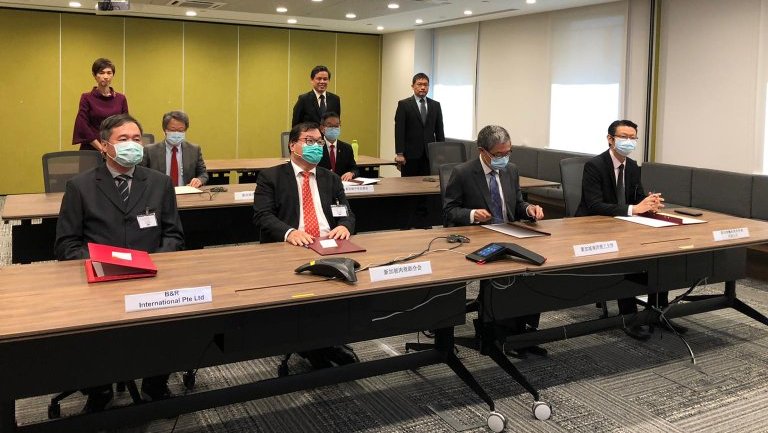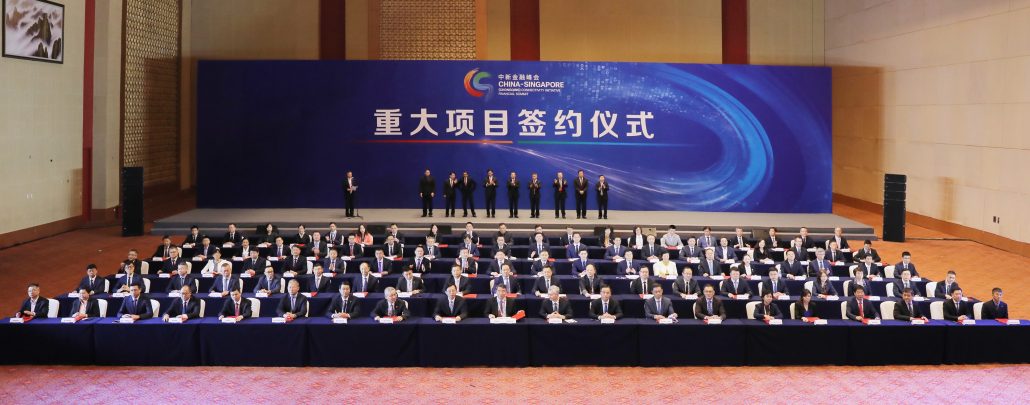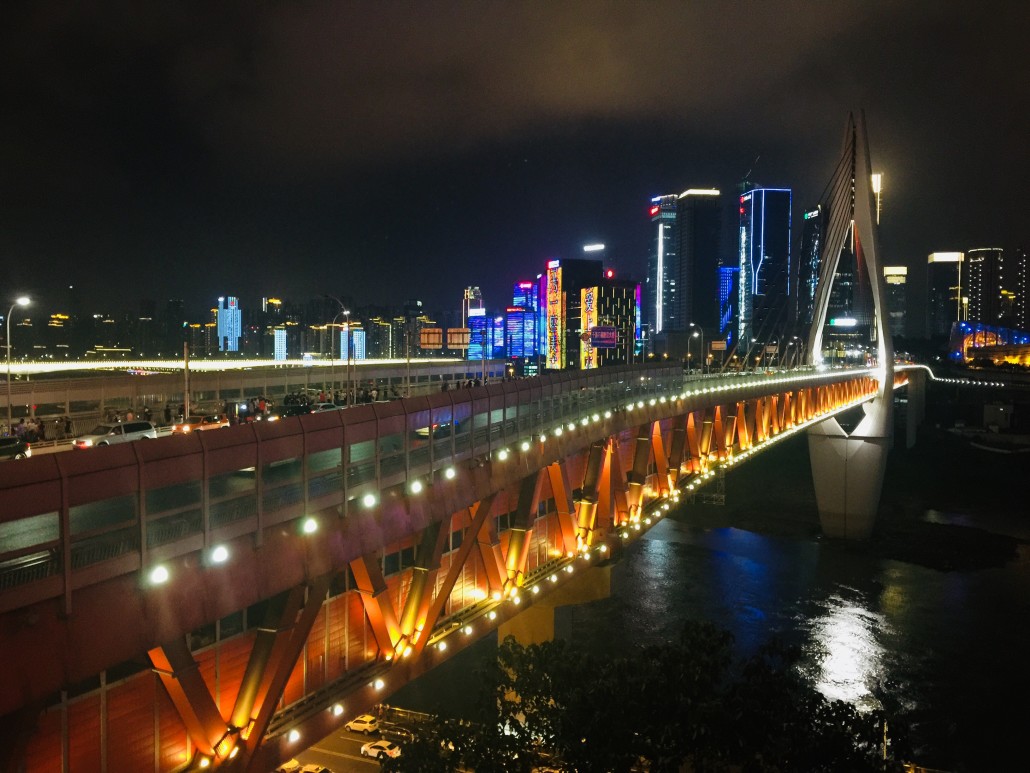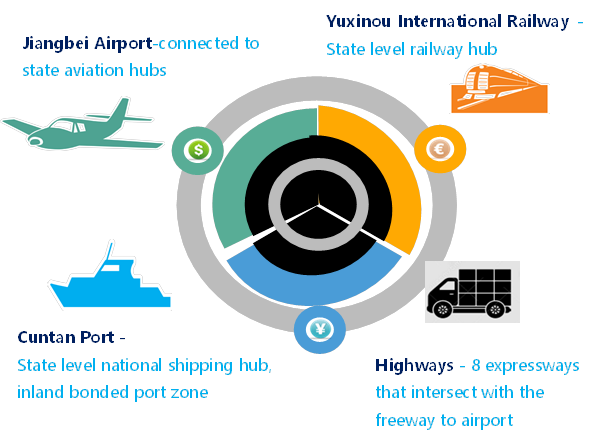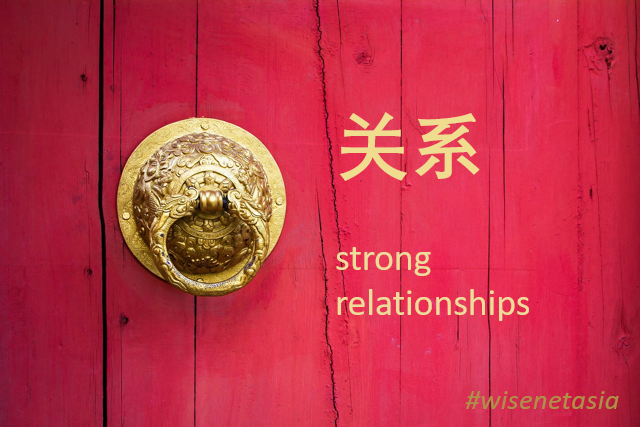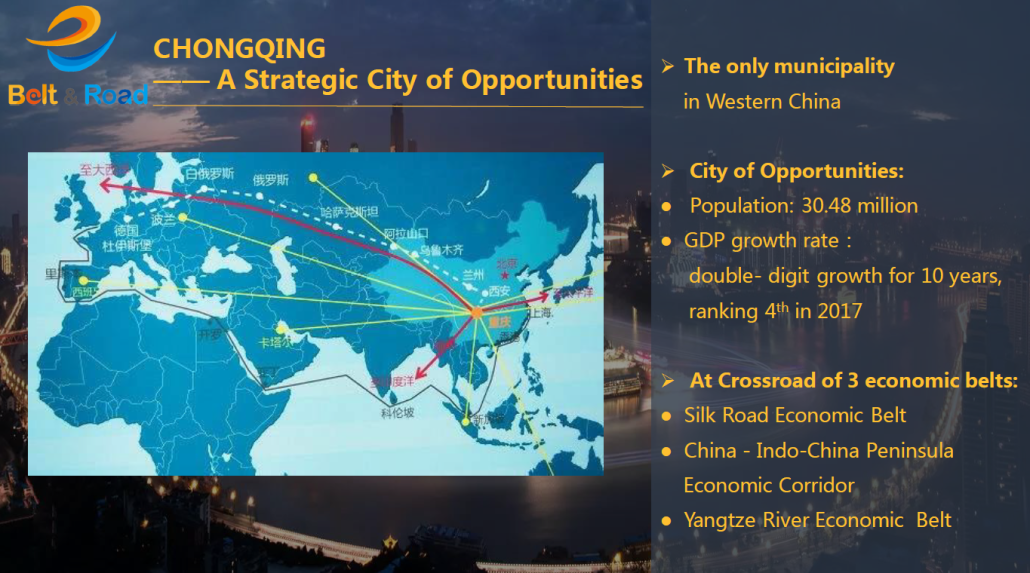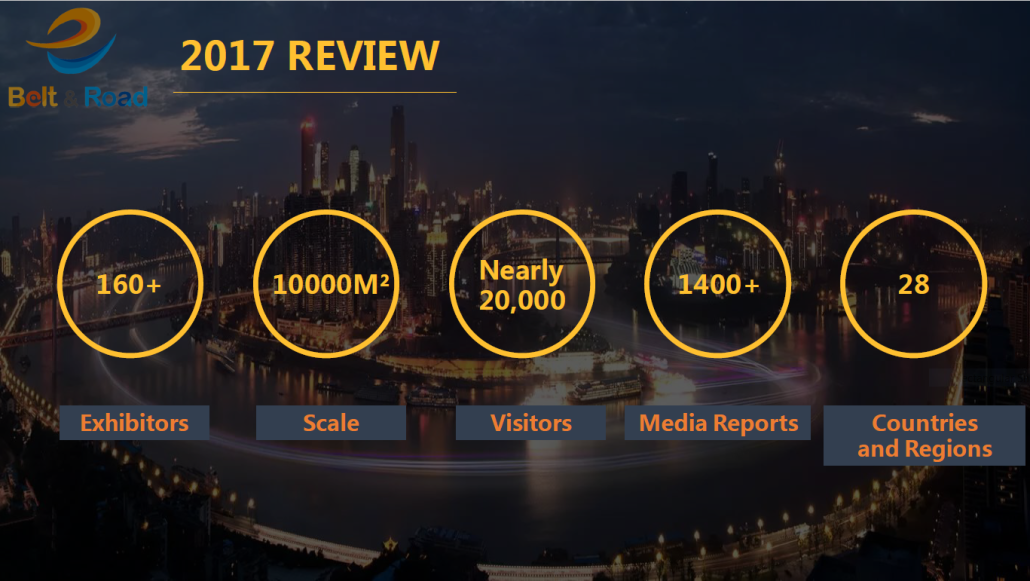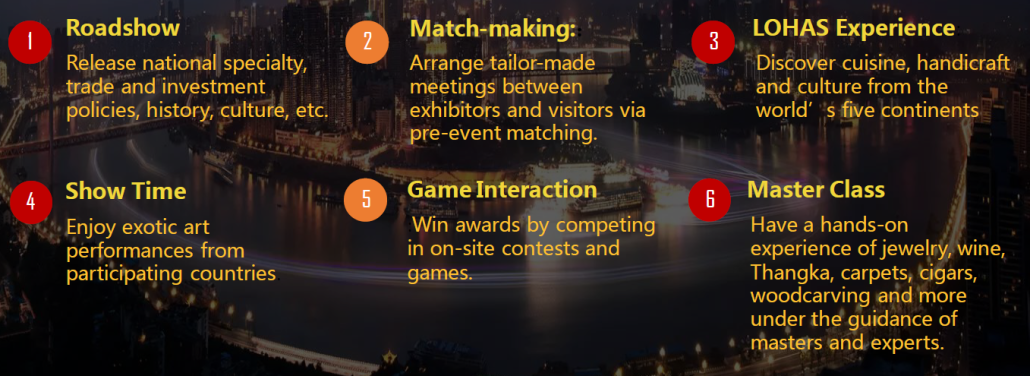
With the rapid development in the China market, China has now become one of the world’s leading economies. This has brought more and more foreign companies to China. China’s business environment and culture are different from other parts of the world. To succeed in China, foreign companies are inevitably faced with various challenges that must be overcome. In response to these challenges, we conducted a brief interview with Ms. Gao Xin, who has worked for many years in foreign companies. Ms. Gao Xin has more than 20 years of experience in human resources management. She is also the founding partner of the New Organization Development Research Institute. Ms Gao’s working experience include Director of Human Resources for Forbes500 Enterprises and Vice President, HR of listed companies in China. She is now working with Chinese local companies.
Based on her many years of experience and the observations working in foreign companies, Mr. Gao shared with us the top five challenges that foreign companies are facing while developing in China:
1. Foreign companies’ response to market changes is not timely
Due to rapid development, the Chinese market dynamics are constantly changing. Gao feels that the overall response of foreign companies to the market is obviously slower. She thinks the main reason is the inherent organizational structure of foreign companies. The headquarters of foreign-funded enterprises are all overseas, and the decision-making brain is often not in China. Many foreign companies in China are branches, and some are even divisions of the local Asian headquarters, thus, the distance from the real brain is quite far.
When the market has new developments, local companies will quickly respond with countermeasures. In the case of foreign-funded enterprises, their China’s branches need to report the new trends and counter measure plans to their headquarters. The headquarters will then go on meetings to discuss whether it can pass the proposed plans. This leads to the situation whereby when the local companies have already implemented counter programs, the foreign enterprises are still deciding which plan is better.
The congenital factors of foreign-funded enterprises to a certain extent determine that their response to changes in the market is not timely. Under the ever-changing market environment in China, the influence of this inherent problem of foreign companies is still quite substantial.
2. Foreign companies have low acceptance of new technologies in the domestic market
Gao thinks that although many advanced technologies are developed in the United States, the application of these technologies is very fast in China. She said that China does not have much historical burden on the use of new technology solutions, so it is very fast when it comes to the use of technological transformation. For example, credit card payment widely used in the West is not so popular in China, so new payment methods such as WeChat payment are widespread and fast. In the process, she discovered that many foreign companies are slower in this respect. In foreign companies, many office systems, management systems, and so on, all these technical applications need to be consistent with the headquarters for ease of management. The head office of foreign companies hopes that these systems will achieve global unity. Today, the development of information technology in China is changing with each passing day. Especially in the Internet industry, office software systems are constantly developing. For example, DingDing and WeChat Office fully realizes wireless connectivity with mobile phones, real-time office and remote office. Most local companies have begun to exercise these apps or software to improve their work efficiency. However, due to factors such as information security and global standardization, foreign-funded enterprises cannot decide whether to use the software in a short period of time, even if the software can effectively provide employees with work efficiency.
Gao also mentioned that many foreign companies have become accustomed to using e-mail to communicate, but the communication channels of local companies are relatively more diversified, and the exchange of information is very fast. To cope with fast market changes, the speed of decision-making must also be relatively fast, and the basis for the application of technology by foreign companies cannot support the pace of changes in the outside world.
3. China’s preferential policies for foreign enterprises have weakened
Gao shared that in the early days when foreign-funded enterprises entered the Chinese market, the Chinese government provided many preferential policies, such as tax incentives, industry-based preferential terms, etc. This series of policies allows foreign-funded enterprises to have a greater advantage when competing with local companies.
However, as more and more foreign-funded enterprises enter the Chinese market, coupled with the enormous development of local companies, the preferential policies for foreign-funded enterprises are slowly weakening. At the same time, the government is also supporting the development of local enterprises. This has resulted in foreign companies losing competitive advantage in the Chinese market. According to Gao’s observation, many foreign companies may not be able to cope with this change. For example, she mentioned that when a foreign company first entered the Chinese market, the company had a large preferential policy on income tax. Now that the policy has changed, the company’s expenditures and income have also changed. However, when the company reinvested in the Chinese market, it failed to take a very effective approach to deal with the weakening preferential policies.
4. Corporate culture differences
The work environment provided by foreign-funded enterprises to employees is relatively stable, comfortable and humane. Most people in Western countries are pursuing a state of balance between life and work. They hope that work and life are completely separate. Working hours are devoted to work, and at the end of the day, they should devote themselves fully to their own lives. However, in China, most people are very hardworking and aggressive, and their pace is relatively fast. Many people are willing to sacrifice their own rest time and devote themselves to work, hoping that they can achieve something in their career. Although employees of foreign-funded enterprises often have overtime, the reason for this overtime is mostly for internal communication purposes. Due to the time difference with the headquarters, most branch offices need to report work based on the time of the headquarters.
Gao feels that the rhythm of the entire society in Europe and the United States is relatively slow compared with China. Although the humane management style of foreign-funded enterprises is very attractive to most people, however, due to the fierce competition in the Chinese market, compared with local companies, foreign-funded enterprises have not developed the kind of ‘fierce’ spirit in response. In the long run, it appears that the competitiveness of foreign companies lags behind their Chinese competitors.
5. Foreign companies are becoming less attractive to talent
Mr. Gao shared that in the 90s and even the beginning of 2000, foreign companies ranked top on the list of companies favored by talents. However, today, there are more and more local companies that ranked ahead as favourable employees, such as Alibaba, Huawei, Tencent and others. In the early days, foreign enterprise talents were very popular in the market. But now, their popularity is on the decline.
Gao also analysed that foreign companies have advantages in the field of technology and industry experience, and a relatively longer market development time, this forms a more mature management model and philosophy. The advantages of foreign companies are a clear organizational framework, standardized processes, and meticulous definition of work scopes. These are some HR aspects that were highly regarded before. However, it is also because of this, we realized that foreign enterprises employees can have depth in their work yet their scope is limited.
In addition, foreign branches in China do not have strong authority, and rely on the system from head office for implementations, consequently people feel more restrained. China start-ups often do not have a clear framework in the beginning. People who work in there have multi-talents and are able to work beyond their scope. Ms Gao foresees that in the future, due to the continuous development and changes in the market, these multi-faceted talents are what the employment market will be lacking.
Finally, for foreign companies, many organization structures are fixed and it is difficult to make a big difference. Many times, a position can only rise up to certain level, where beyond that level are all foreigners. For Chinese people there is no path for further growth.
In China, the attractiveness of foreign enterprises to talents are gradually declining. Talents that come out from foreign-funded enterprises are also losing their appeal in the employment market.
As a conclusion, Gao feels that when foreign companies are navigating the rapid development of the Chinese market and the aforementioned challenges, they need to reconsider their development strategy and positioning. If the Chinese market is the company’s target or future key market, then there need to be some adjustments in the management system and thinking. For example, to set the target market as priority, the headquarter can work as a resource and strategy center that supports the rapid development of the market. The frontline in the target market is given the authority and space for decision-making, while the headquarters mobilize resources for support.
The above article is the interviewee’s point of view and does not represent WiseNet Asia’s position. We are very grateful to Mr. Gao for taking the time for this interview.
About Miss Gao Xin
Ms. Gao Xin has more than 20 years of experience in human resources management, organizational and leadership development. She is also the founding partner of the New Organization Development Research Institute. Ms Gao’s working experience include Director of Human Resources for Forbes500 Enterprises and Vice President, HR of listed companies in China.
Qualifications:
Master of Sustainable Leadership, University of Cambridge, UK.
MBA, Federation University, Australia
MBA, Human Resources Management, Beijing University of Science and Technology, China.
National Secondary Psychological Consultant, National Human Resource Manager, Accountant, Financial Economist, ICP Certified NLP Coach, DISC Practitioner.

